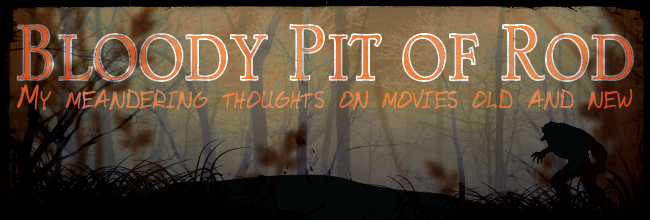This is the third pulp novel from the 1930's that I've read
in the past couple of months and it's this one that has made it impossible for me to slide
by something that crops up in many of them. Something in these books that I
find fascinating is the unvarnished window they provide into our nation's past. One of the main
reasons that I read these books is not just for their action and adventure but
because they offer a strange, nostalgic view of a time and place that I find
fascinating. As a fan of this type of fiction I have to admit that on occasion they
present some things that I have to either choose to ignore or simply look at as
part of the times in which piece of fiction was created. The fact that I love an
older style of writing and its characters' more archaic ways of speaking means
that occasionally I'm going to have to struggle to understand a reference or idea that is nearly a century out
of date. This is true, of course, of films made in previous decades as well
which can add some unexpected spice to a night in front of TCM.
In general, even if the creators of these works were not
hideous people, their work does reflect the general attitudes of the times. And
to say that the times in which these stories were written were - shall we say -
less racially diverse or, to be blunt, racist as hell is understating the
matter. I usually find it easy enough to move past the more odious aspects of
these stories to enjoy them for what they were intended to be but I have to say
that this particular G-8 story has surprised me a bit. G-8's tales usually
involve supernatural or mad science based creatures (sometimes both at the
same time) and in this one the monsters are murderous Leopard Men. The heroic
characters' constant references to them as 'savages' first struck me as a way
of describing their violent actions within the story but then things became clearer. The
leopard men in question are understood to be from an African nation and their
origins are discovered when they are unable to fight in hand-to-hand combat 'as
a white man would'. Oh my!
I guess I shouldn't be too weirded out by this especially
because there are certainly enough nationalistic slurs being slung around in
the story with Germans being described as Heinnies, Frenchman called frogs and
even the Brits get labeled a few unpleasant things from time to time. But this
attitude toward the darker skinned natives of Africa
has knocked me back a little. In general I'm used to this kind of thing in literature from an earlier time with the subtle and not so subtle racial
attitudes being part of the experience of these works. It's often especially
difficult to miss the racial overtones of a lot of the pulp writers that I love
when they insult native Americans or Jews or Picts or whatever villain is the
subject of the tale of the moment. But for some reason this story's slightly
slicker 'savages' got past me until a second detail made it's racial overtones
evident. I can't decide if I'm not as savvy as I thought I was or if this
writer was more clever than average. Or maybe I just don't react to this
particular word as the insult it was meant to be because I'm overly used to it
being used in pulp fiction? Cluelessness through repetition? I suspect I have
friends of a darker skin tone that would have figured this out much quicker
than I.











No comments:
Post a Comment